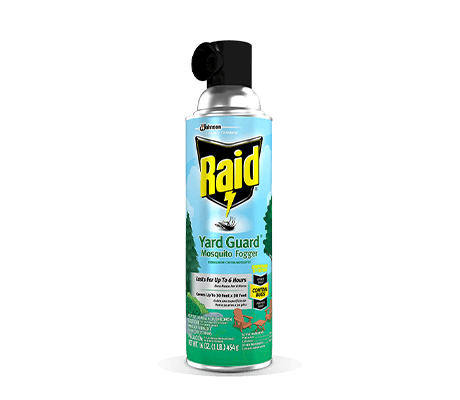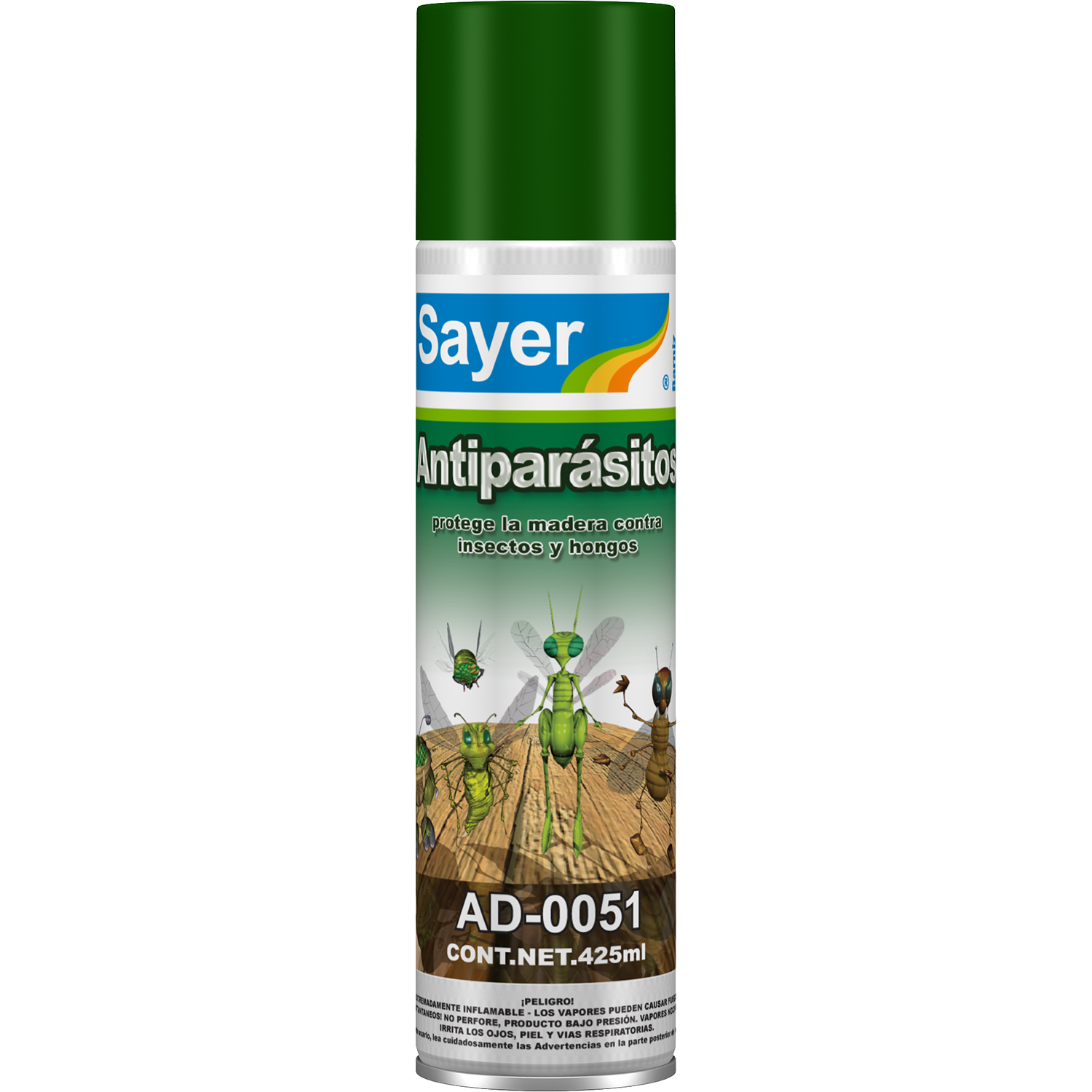
Polillas de la Comida – Cómo Deshacerse de las Polillas de la Comida – Conceptos Básicos sobre Insectos de Raid®

Amazon.com: Trampas para polillas para alacena de Dr. Killigan, atrae pestes por medio de feromonas, efectiva contra la polilla India de la harina, 100 % seguras, no tóxicas, libres de insecticidas, para

🥇 Los 26 Mejores Productos Antipolillas. ¡Elimínalas! | Multiplag – Multiplag | Tienda Productos Anti Plagas

Cómo quitar la carcoma o polilla de un mueble · How to get rid of woodworm - Vintage & Chic. Pequeñas historias de decoración
:quality(75)/arc-anglerfish-arc2-prod-elcomercio.s3.amazonaws.com/public/XFXFTU7GHVBHLPKLXLBAVQCVWI.jpg)




















![Insecticida para Polillas [TIENDA] Insecticida para Polillas [TIENDA]](https://www.plagasonline.es/1526-large_default/insecticida-para-polillas-300ml-ipx.jpg)
.png?la=es-cl)